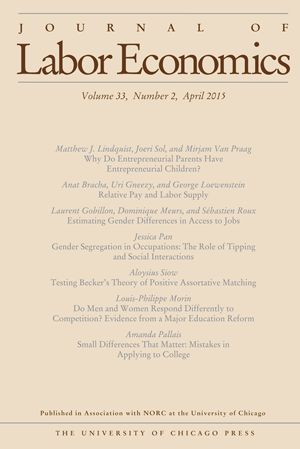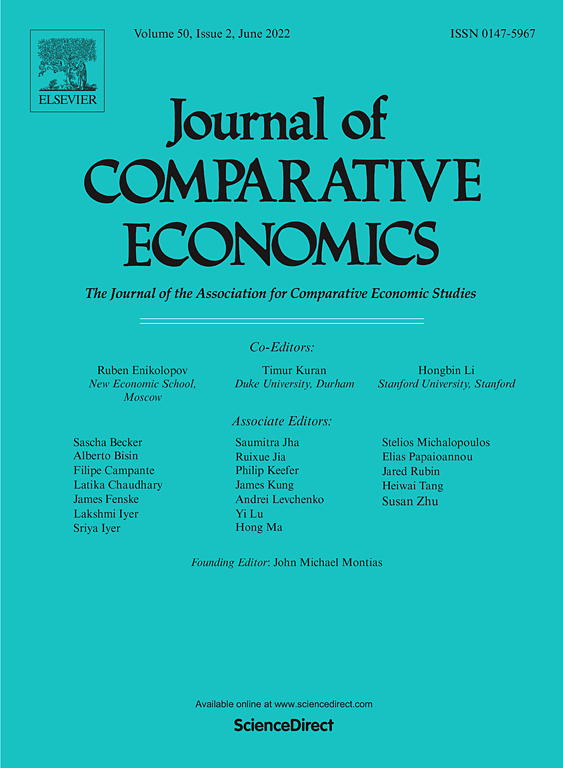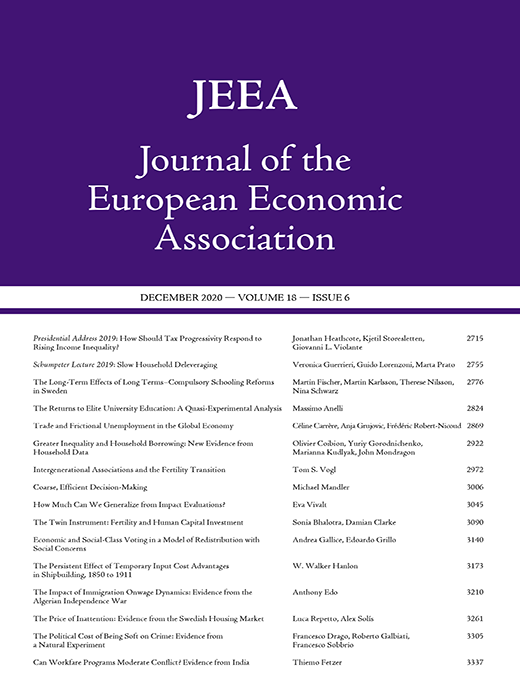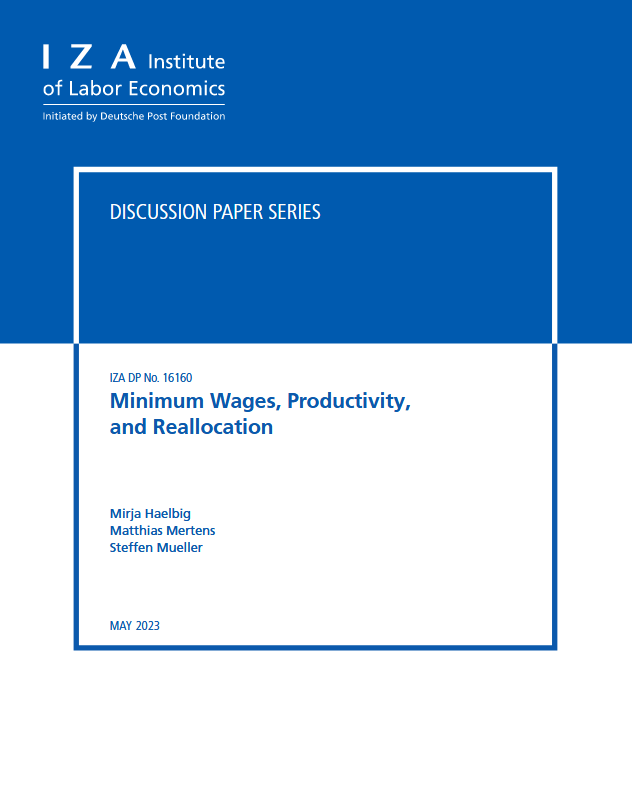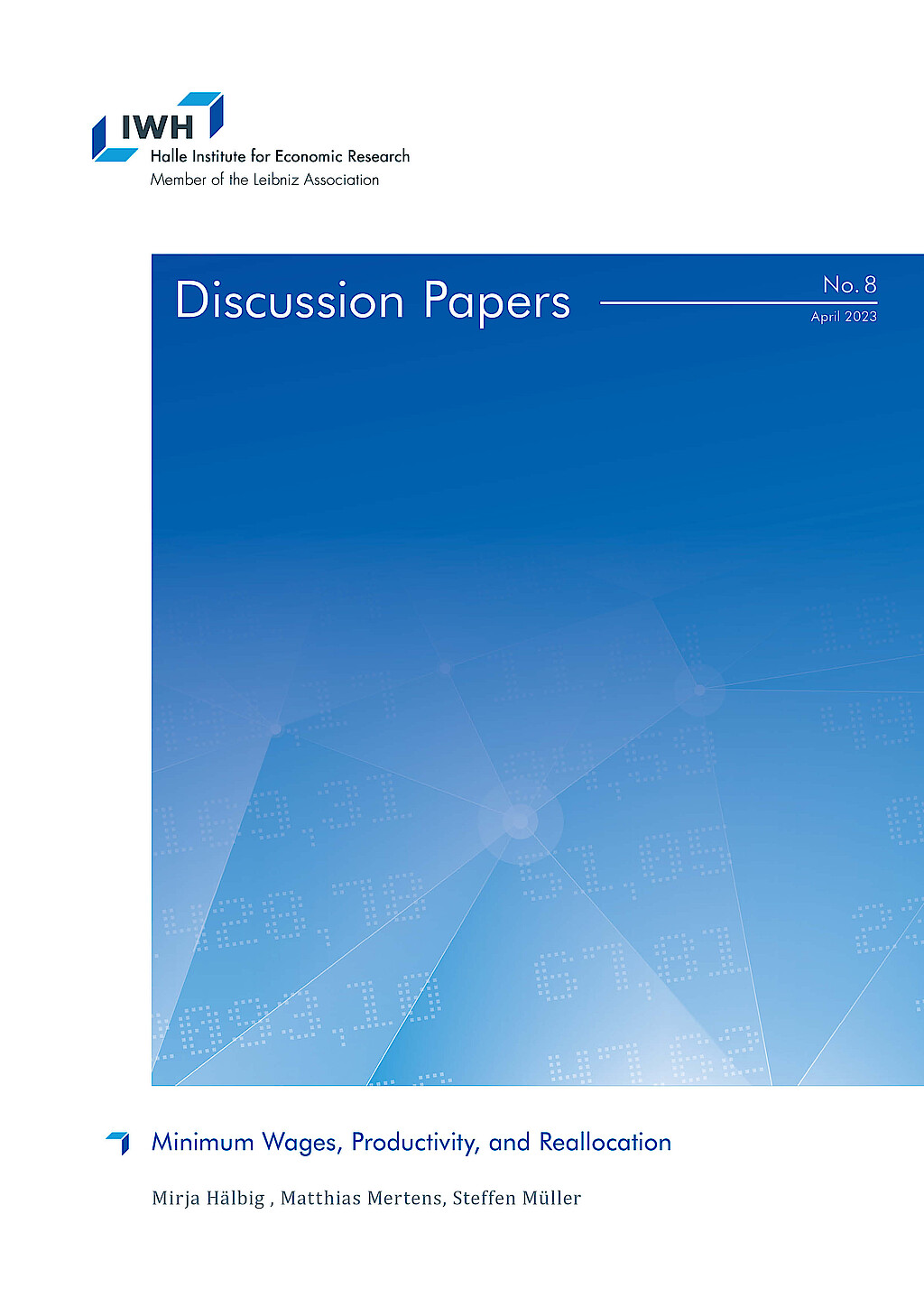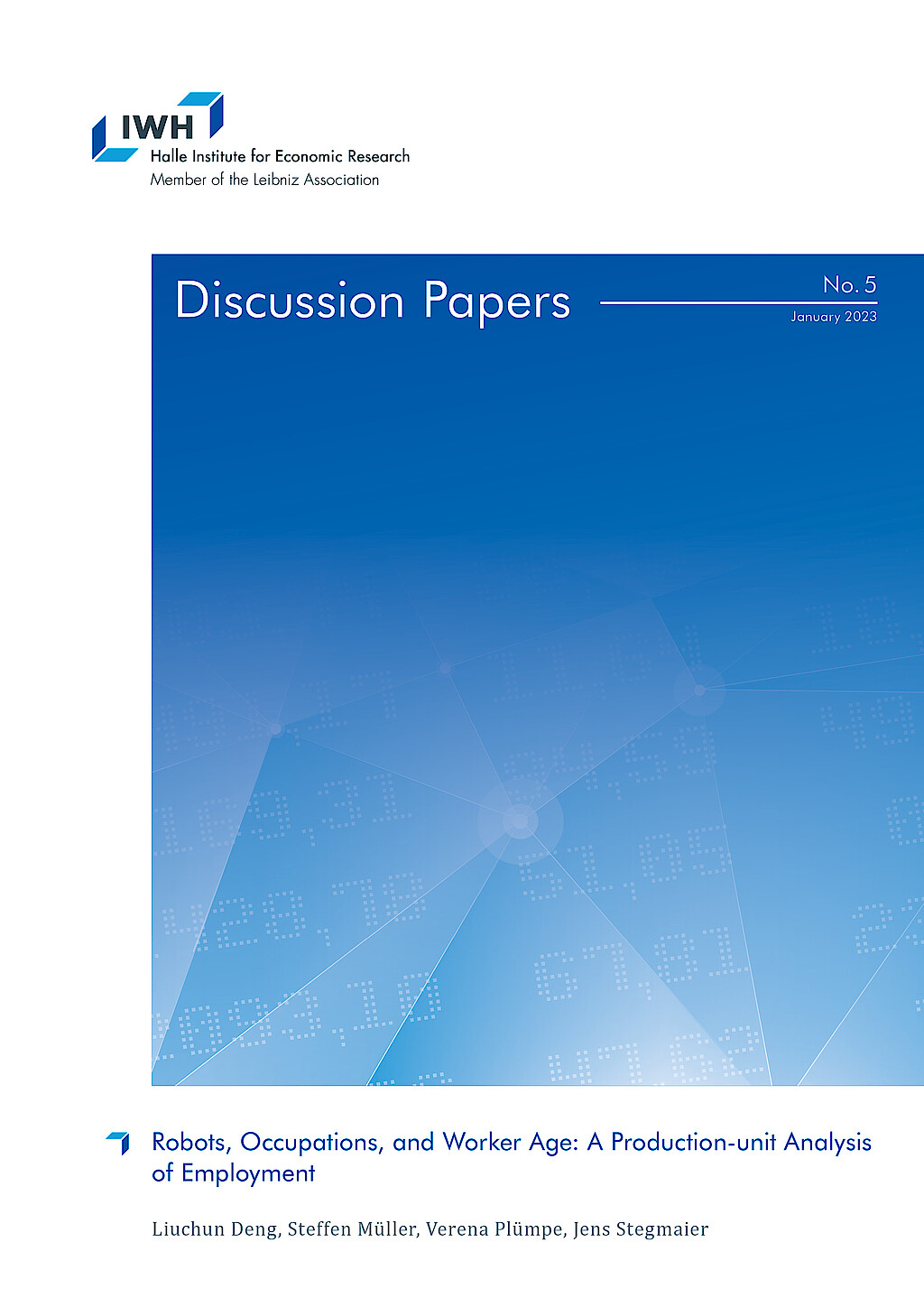Professor Dr Steffen Müller

Current Position
since 10/14
Head of the Department of Structural Change and Productivity
Halle Institute for Economic Research (IWH) – Member of the Leibniz Association
since 10/14
Professor of Economics: Productivity and Innovations
Otto von Guericke University Magdeburg
since 5/20
Head of IWH Bankruptcy Research
Halle Institute for Economic Research (IWH) – Member of the Leibniz Association
Research Interests
- firm productivity
- empirical labour economics
- economic gap between East and West Germany
Since 2014, Steffen Müller has been a Professor of Economics at the Otto von Guericke University Magdeburg and the Head of the Department of Structural Change and Productivity at the Halle Institute for Economic Research (IWH). He is a Fellow at both the Institute of Labor Economics (IZA) and the Center for Economic Studies (CESifo), and an elected member of the Population Economics Committee and the Social Policy Committee of the German Economic Association (Verein für Socialpolitik). Additionally, he serves as a long-standing advisor to federal and state ministries. His research primarily addresses key issues in the labor market and economic inequality, with a particular focus on the effects of labor market power, as well as technological and structural change.
Originally from the Leipzig region, Steffen Müller studied economics at the University of Leipzig. In 2005, he moved to Friedrich-Alexander University Erlangen-Nuremberg, where he earned his doctorate in 2009. He completed his habilitation there in 2014, obtaining a teaching qualification in economics and econometrics. During this period, he also conducted extended research at the University of California, Berkeley, and Davis.


